Daily Breaking News & Information
- June 13, 2018
- / Dr. Peter Breggin
- / newsflash

News June 2020
Outcomes of Covid-19 patients treated with hydroxychloroquine / azithromycin
Alabama man may have nearly died from COVID-19… the first week in January
Initial COVID-19 infection rate may be 80 times greater than originally reported
Black Lives Matter is a state-backed religion
|
|
|
3 health benefits of body scan meditation, and how to practice it
Recovered Covid-19 patients may be defenceless against new mutation
‘Recovered’ COVID-19 patients suffer major ongoing physical, cognitive problems
The CDC lost control of the coronavirus pandemic. Then the agency disappeared.
|
|
Talking Back To Ritalin, What Doctors Aren’t Telling You About Stimulants and ADHD, by Peter R Breggin, MD |
Indian Railways coaches are now used for treating coronavirus patients
Saudi Arabia restricts annual Hajj to 'small, limited' number due to Covid-19
Church violates Covid-19 restrictions triggering local epidemic
|
|
|
Acne increases risk of anxiety and depression, finds study
Land of the worried: 83% of Americans very stressed over nation’s future
|
|
|
Global variation in the prevalence of suicidal ideation
California schools turn to mindfulness to help students cope with stress
Community use of face masks and Covid-19: Evidence from U.S. State mandates
Exploring your own town can be good for your mental health
|
|
Talking Back To Ritalin, What Doctors Aren’t Telling You About Stimulants and ADHD, by Peter R Breggin, MD |
Mexico City faces COVID-19 by trying to move father’s day
Liberal elites shred their credibility, mass gatherings only allowed for them
|
|
Talking Back To Ritalin, What Doctors Aren’t Telling You About Stimulants and ADHD, by Peter R Breggin, MD |
Poor sleep quality may increase depression risk in teenagers: study
Study: Without adequate rest, caregivers struggle to aid family members with dementia
Indian capital's crematoriums overwhelmed with virus dead
COVID-19 has overwhelmed India’s ability to dispose of its dead
Coronavirus takes ‘shocking’ toll on health: patient survey
|
|
|
The Dr. Peter Breggin Hour - June 17, 2020 New study says Americans are unhappiest they've been in 50 years
493 cases of coronavirus in Israel's schools and preschools
Household pesticide exposure associated with increased risk of depression
|
|
|
9 activity types that can relieve depression
Multiple Scientists: Coronavirus Altered in Lab to Attack Humans A cheap steroid is shown to reduce death in COVID-19 patients
Research reveals people’s mental health is negatively impacted by COVID-19
Is temperament predictive of COVID-19 stress?
|
|
|
Mindfulness with hypnotherapy calms the highly stressed, study finds
Fish oil for depression? Stem cell study shows supplement may be effective treatment
After endorsing mass protests, Gov Cuomo threatens New Yorkers congregating
Yuri Deigin & Bret Weinstein discuss SARS-CoV-2 lab-leak hypothesis — Swordfishtrombone (@TheyCallMeRyols) June 15, 2020
|
|
|
Did the coronavirus come from a Chinese laboratory? Very possibly.
Local physician has 100% survival rate with early hydroxychloroquine
Therapeutic regimen based on hydroxychloroquine plus azithromycin for the treatment of COVID-19
COVID-19 pandemic continues to take a toll on mental health in Colorado
|
|
Talking Back To Ritalin, What Doctors Aren’t Telling You About Stimulants and ADHD, by Peter R Breggin, MD |
The Dr. Peter Breggin Hour - June 10, 2020
> COVID-19 Cases Rebound Across the South and West
— Scott Gottlieb, MD (@ScottGottliebMD) June 11, 2020 . |
High Fructose, Vitamin D, & Oxidative Stress in COVID-19 Face masks are key to preventing second wave of Covid-19
|
Connections between personality traits and pre-dementia syndromes
People who ignore social distancing may have psychopathic traits
Effectiveness of facemasks with ‘lock-down’ versus COVID-19 pandemic
LaVision imaging technique shows how masks restrict the spread of exhaled air
Study links pandemic, civil unrest to increases in mental health issues
|
|
|
Growing number of scientists say COVID-19 may have been created in a lab
Influence of conflicts of interest target 'Trump's drug', the case of Gilead Sciences
Politicized Science: Lancet, NEJM retract studies on HCQ
Bret Weinstein and Yuri Deigin: Did Covid-19 leak From a Lab?
|
|
|
Lancet hydroxychloroquine study retracted Taking antidepressants during pregnancy may pose another risk to newborns
Repetitive negative thinking linked to higher risk of Alzheimer’s
Politicians Shutter Churches and Synagogues, Then Tolerate Riots
Protesters violating health rules risk undoing our progress against Covid-19
|
|
Reclaiming Our Children - A Healing Plan for a Nation in Crisis, by Peter Breggin, MD |
The Dr. Peter Breggin Hour - June 3, 2020
★ Lancet retracts fraudulent study designed to trash "Trump's drug" hydroxychloroquine
Dr. Breggin exposed that Lancet study as agenda-driven junk science weeks before it was retracted (see). Unreliable data: how the fraudulent Lancet study was proven fake
Seattle Black Lives Matter warns of Covid-19 spread by protests
There's a shortage of antidepressant zoloft amid coronavirus, FDA says
Dr Fauci: path to justice is minority research subjects |
|
|
Seniors Implore Governors: Open Up Our World Again By Ginger Ross Breggin and Peter Breggin M.D.
Public-health professionals advocate for mass gatherings during pandemic
Anxiety and depression levels are falling as lockdown eased, finds study
STUDY: Parents aren't monitoring their kids screen time
|
|
Talking Back To Ritalin, What Doctors Aren’t Telling You About Stimulants and ADHD, by Peter R Breggin, MD |
★ Anti-anxiety drugs increase risk of ectopic pregnancy by 50%, study finds
Study rebuking "Trump's drug" based on fake data from sham company
So where did the virus come from?
People who use high-potency cannabis could have a higher risk of anxiety
|
|
|
5 natural ways to boost your mental health during stressful times
What Measures Can You Take to Help Prevent COVID-19?
Blue light from phone screens at night ‘linked to depression’
Anti-inflammatories fail to reduce depressive symptoms in bipolar disorder
|
|
|
Coronavirus may have been a 'cell-culture experiment' gone wrong
Coronavirus may be a blood vessel disease, which explains everything
Lancet study corrected after more than 200 scientists question findings
|
News Archives
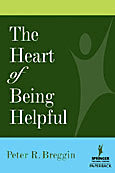

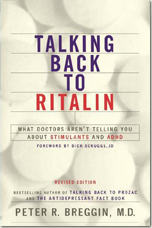
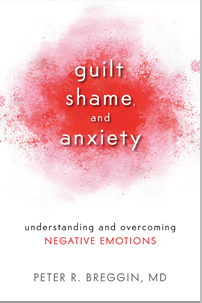


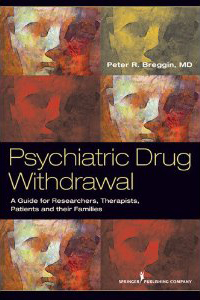

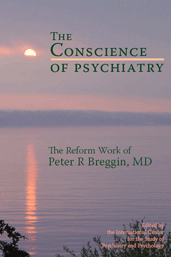
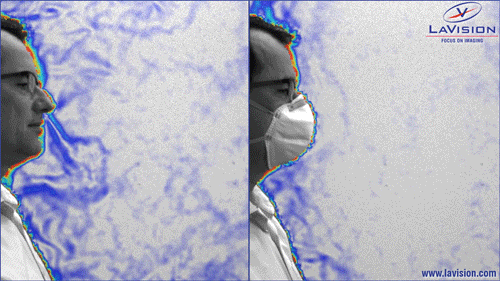
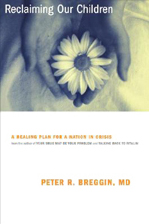
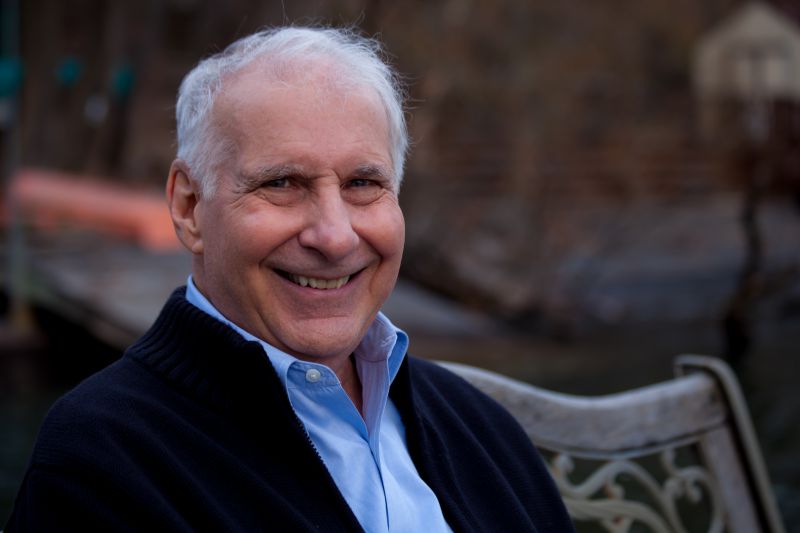 Psychiatric Reform Accomplishments
Psychiatric Reform Accomplishments